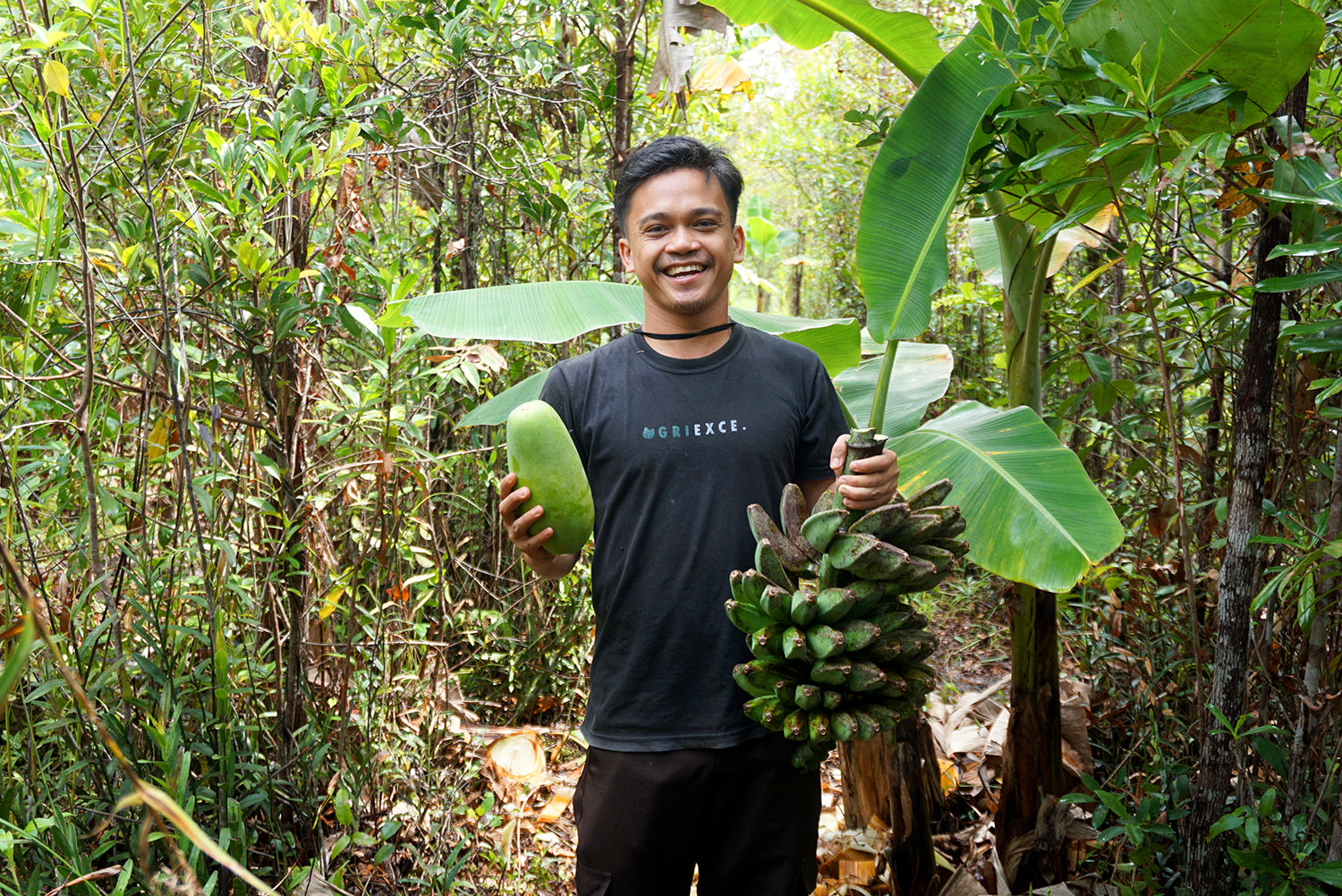Introduction to Agroforestry for smallholder farmers in Kalimantan
- Sharing :
- Tweet
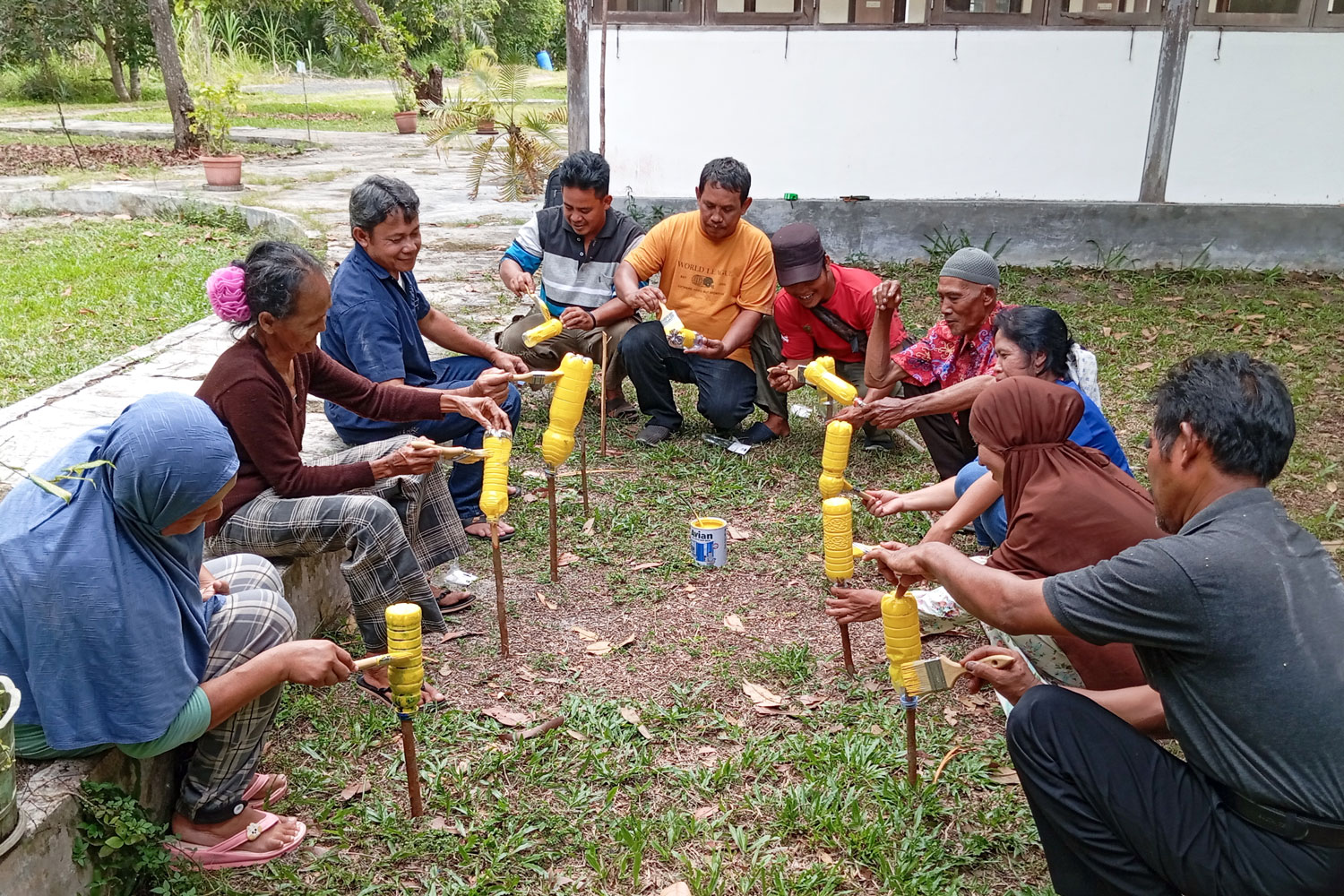
In Bukit Batu, Central Kalimantan, monoculture farming is prevalent among vegetable farmers due to long-standing habits. While seemingly convenient, monoculture farming imposes a severe toll on the environment. With fewer plant varieties, the land becomes more susceptible to pests and diseases, causing farmers to rely on the excessive use of chemical pesticides for good harvest. The chemicals not only reduce the soil’s natural fertility, it also increases the cost of production and adversely affects the quality of the produce meant for human consumption.
Thanks to funding from The German Federal Ministry for Economic Cooperation and Development (BMZ) and Susila Dharma Germany, YUM was finally able to commence the Agroforestry project, aiming to develop an agroforestry model accessible to the communities to implement on their own land, while raising the population’s awareness of agroforestry as a sustainable land use solution, suitable for adapting to climate change and improving food security.
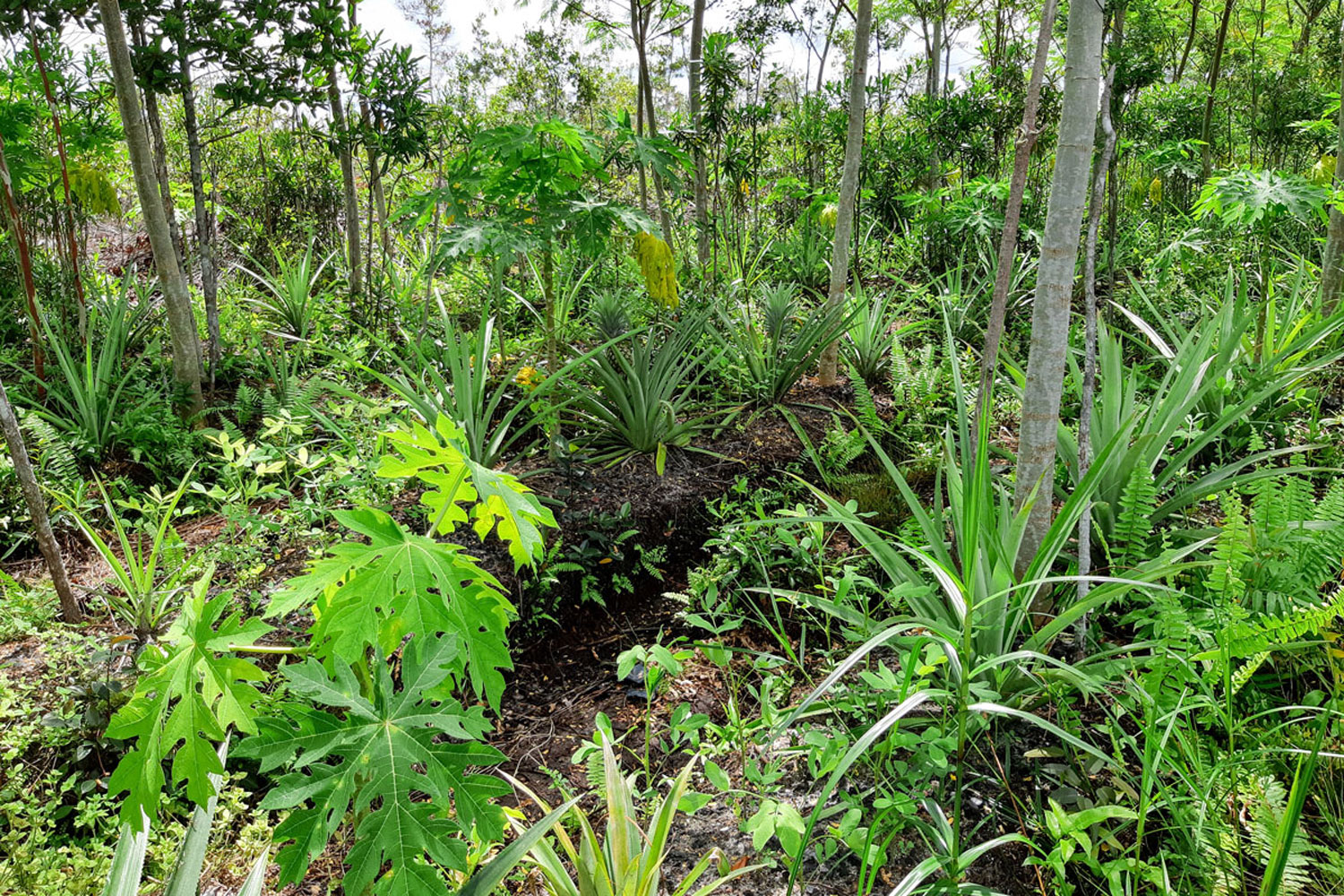
Since its establishment in 2018, the agroforestry project has been very dear to our hearts. Set in 1,5 hectares of land in Bukti Batu, Central Kalimantan, our team on the ground had worked tirelessly to transform what was initially sandy acidic soil land into a lush, green landscape with increased biodiversity which promotes a balanced ecosystem as well as fosters soil fertility.
Fast forward to today, the agroforestry model plot is proving itself to be a good model to be replicated by smallholder farmers to practice sustainable land use, with various yields from productive plants such as oranges, papaya, pineapple, and many more that are planted alongside native plant species.
Today, we are thrilled to announce that 10 smallholder farmers have started on their journey toward sustainable agriculture and increased livelihoods. Our team in Kalimantan is diligently at work in providing support in enabling the farmers to learn everything they need to know about sustainable agriculture and agroforestry so that they can implement the agroforestry method on their own land.
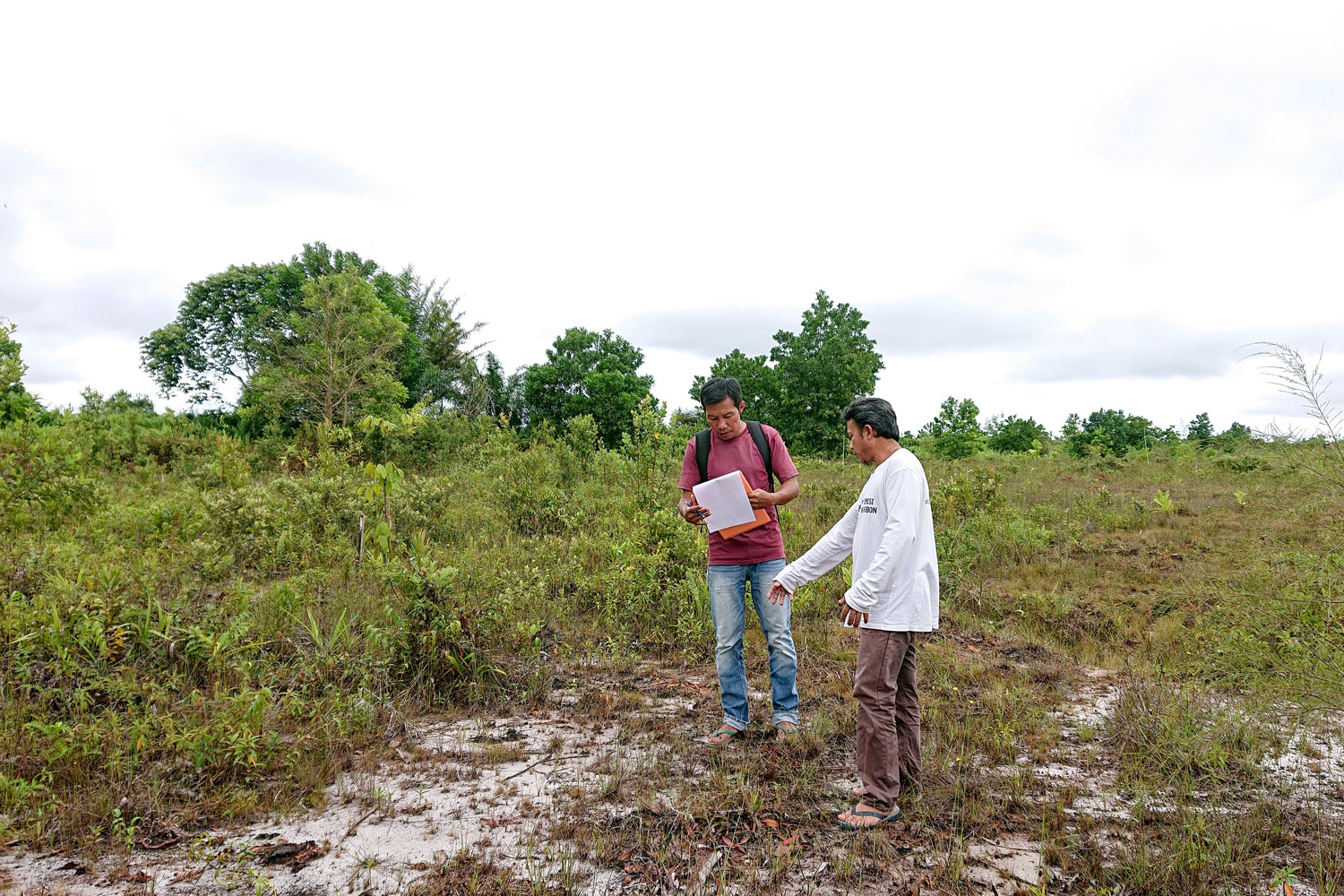
Nonetheless, having 10 smallholder farmers implement the agroforestry model is just the beginning. With over 300 active farmers across 7 villages in the area, it is no small task to reach out to every single one of them and help them become aware of the importance of sustainable farming methods. From awareness campaign activities such as surveys, workshops, seminars, to creation of best practices videos for smallholder farmers in the area, we hope that smallholder farmers in the area can increase their livelihood while contributing to the sustainability of our planet through agroforestry.
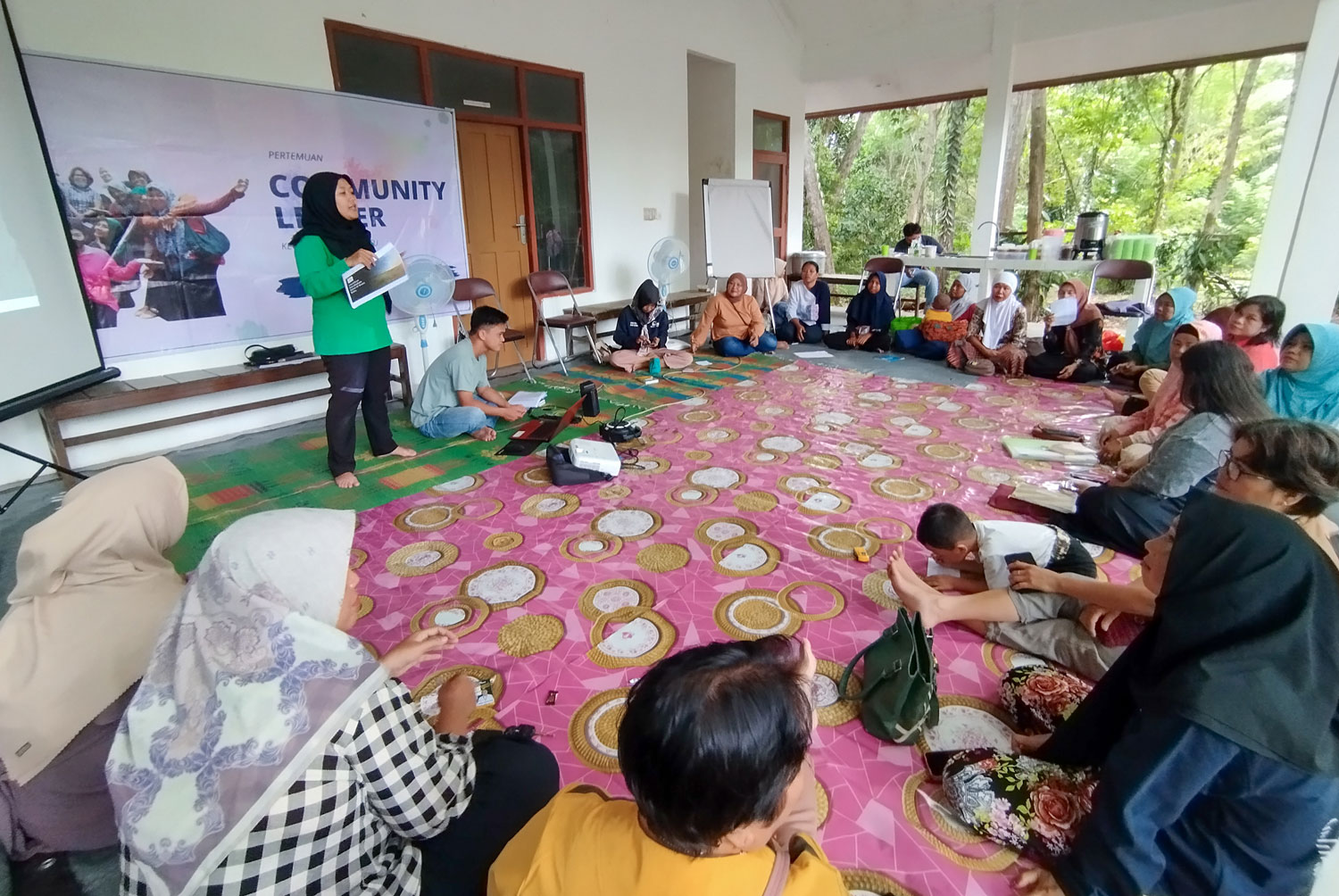
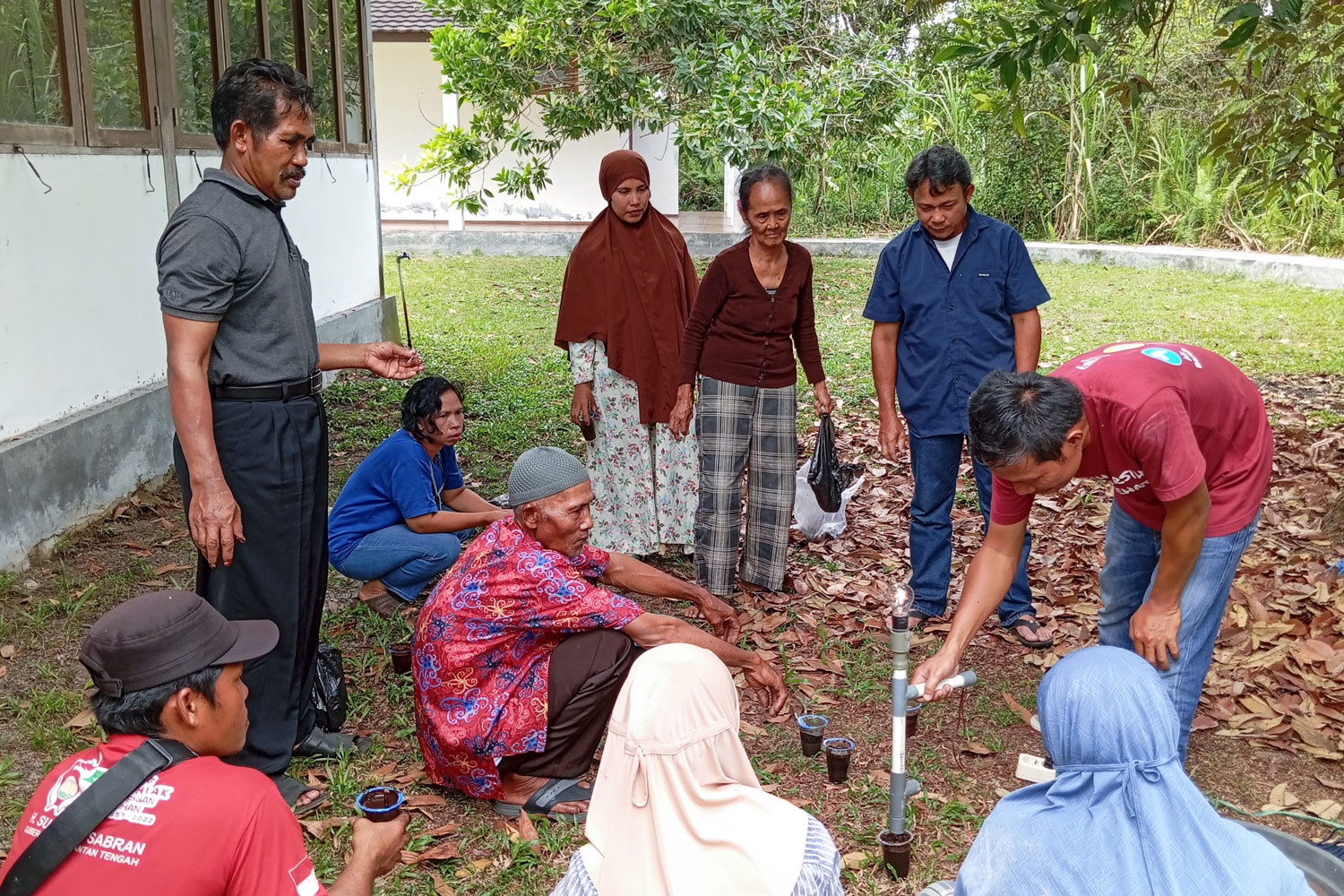
- Sharing :
- Tweet

